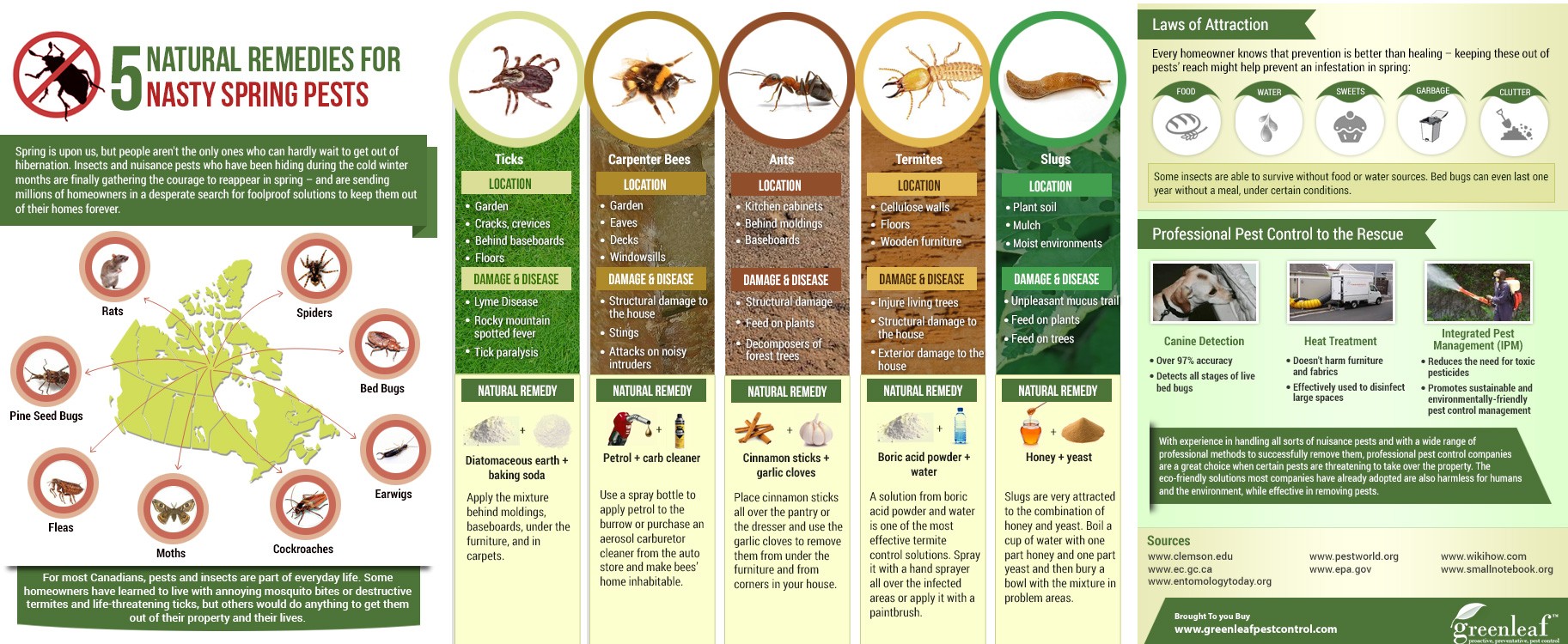Rat Control Recognizing The Actions Of Rats
Rat Control Recognizing The Actions Of Rats
Blog Article
https://how-to-remove-ticks-from17384.weblogco.com/24609461/how-to-discover-trustworthy-parasite-control-specialists-in-your-location By-Moesgaard Karlsen
Have you ever before wondered why rats appear to be so evasive and challenging to manage? Recognizing the behavior of rats is key to efficiently managing their populaces.
By acquiring insight right into their communication patterns, feeding habits, and nesting and reproducing habits, you can develop methods that will certainly aid you maintain these pesky rats at bay.
So, allow's check out the remarkable world of rat behavior and find how this expertise can empower you in the battle versus these unwanted residence visitors.
Communication Patterns
To understand rat actions, it is necessary to research their communication patterns. Rats are very social animals and count on interaction to make it through and flourish in their setting. They utilize different forms of interaction to communicate details to various other rats in their group.
One important element of rat interaction is their articulations. Rats produce a vast array of noises, including squeaks, chirps, and babbling, which serve various objectives. These vocalizations can reveal concern, aggression, or even contentment.
In addition to vocalizations, rats also connect via body movement. They utilize their tails, ears, and poses to convey messages to other rats. As an example, an upright and puffed-up stance might show supremacy, while a flattened posture might show submission.
Feeding Behaviors
Rats' communication patterns supply insight into their feeding behaviors. Comprehending just how rats feed can help us better regulate their populations. Here are 5 key points concerning their feeding habits:
- ** Omnivorous diet plan: ** Rats are opportunistic eaters and will certainly eat practically anything they come across. From grains and fruits to meat and also trash, their diet is exceptionally varied.
- ** Hoarding behavior: ** Rats have a natural impulse to hoard food. They'll collect and save excess food in surprise spots for later intake, making it challenging to locate and eliminate their food sources.
- ** Nighttime feeding: ** Rats are mainly nocturnal animals, suggesting they're most active throughout the evening. They choose to feed under the cover of darkness when they feel safer and less likely to come across predators.
- ** Water reliance: ** Rats need a constant resource of water to make it through. best indoor fly killer 'll frequently seek water sources near their feeding locations, such as leaking pipelines or open containers, to please their hydration requires.
- ** Scavenging actions: ** Rats are very competent scavengers, which enables them to grow in city settings. They'll look for food in garbage bins, dumpsters, and other areas where human waste is present.
Nesting and Breeding Habits
Nesting and breeding habits in rats involves the creation of complex burrows and the establishment of ordered social structures.
Rats are recognized for their capacity to dig complicated systems of passages, which work as their nests. These burrows provide shelter, security, and a refuge for breeding. cheap rodent control nesting actions of rats is driven by their impulse to find a protected and comfy area for raising their young.
Within please click the up coming document , rats develop an ordered social structure, with leading individuals occupying higher placements. This hierarchy identifies accessibility to sources such as food and friends.
Reproducing habits in rats is characterized by territoriality, with males competing for the chance to mate with women.
Comprehending the nesting and reproducing behavior of rats is crucial for effective rat control techniques.
Verdict
So, now you have a far better understanding of the elaborate world of rat behavior. These smart creatures have special communication patterns and exhibit interesting feeding habits.
Their nesting and reproducing actions, while respected, can be a delicate subject. By getting understanding into their habits, we can come close to rat control with more empathy and performance.
Remember, resolving the presence of these resourceful rodents requires a nuanced method that appreciates their natural impulses.
